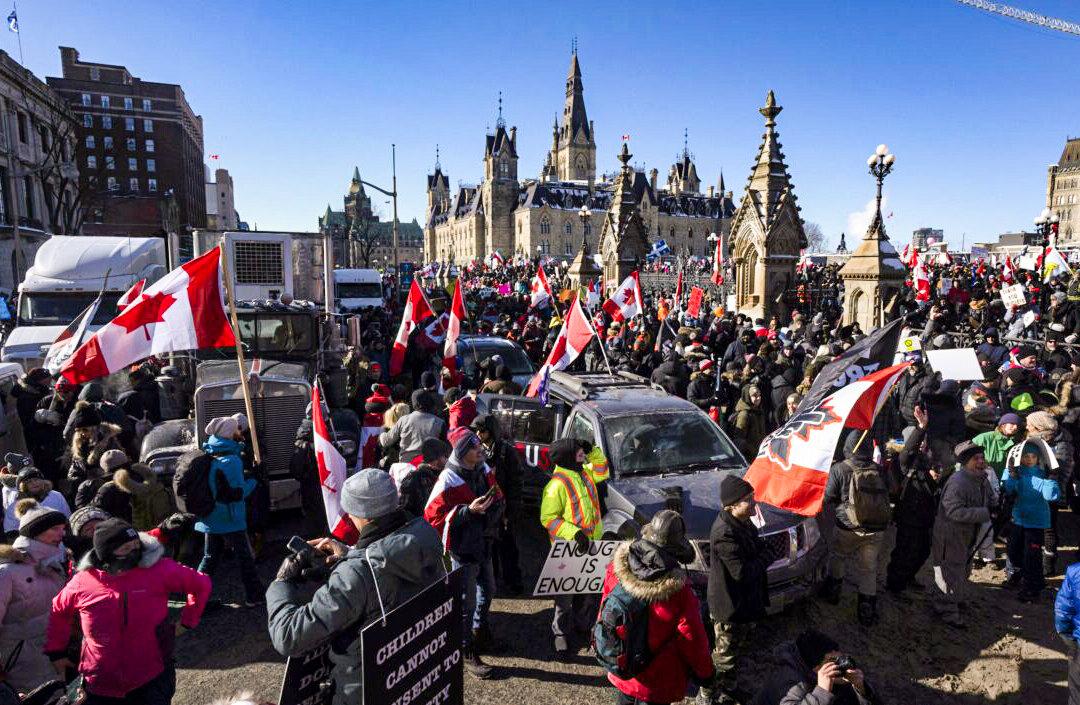Several challengers to the Emergencies Act say they’re preparing to sue government officials and financial institutions after the Federal Court’s recent declaration that the invocation of the act was not justified.
Military veteran Eddie Cornell, police veteran Vincent Gircys, and Alberta contractor Jeremiah Jost said in a Jan. 29 statement on X that they will sue “those in government, the financial institutions who froze people’s bank accounts, and the police officers who beat up and injured innocent Canadians.”





